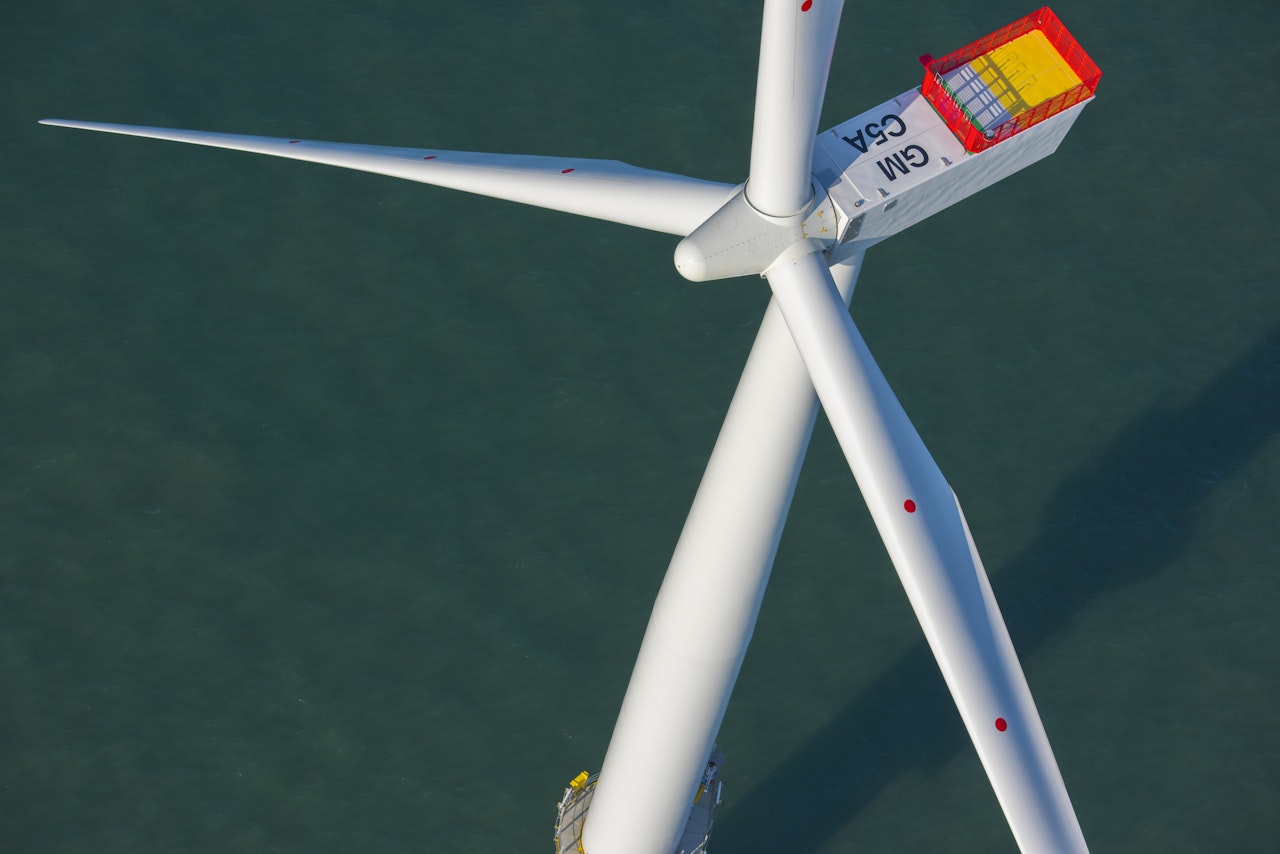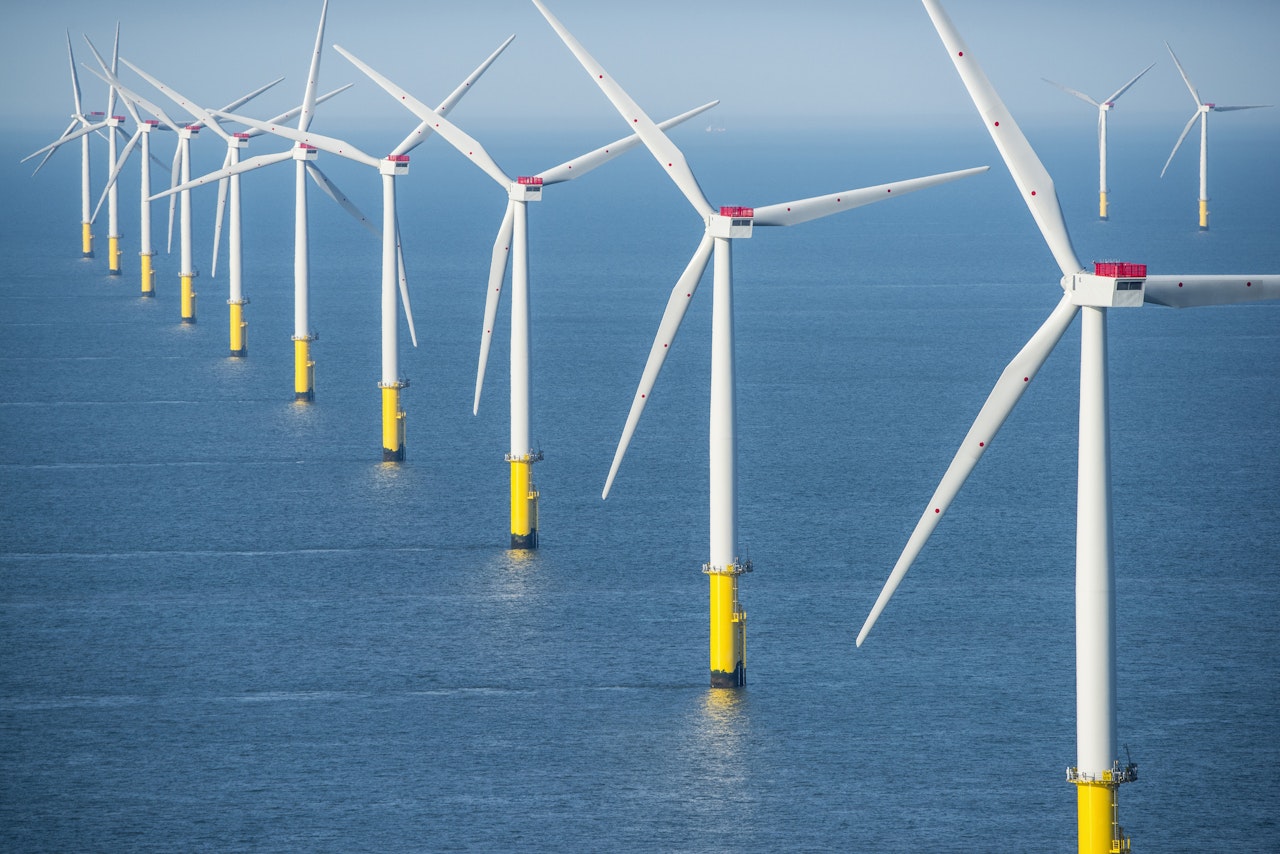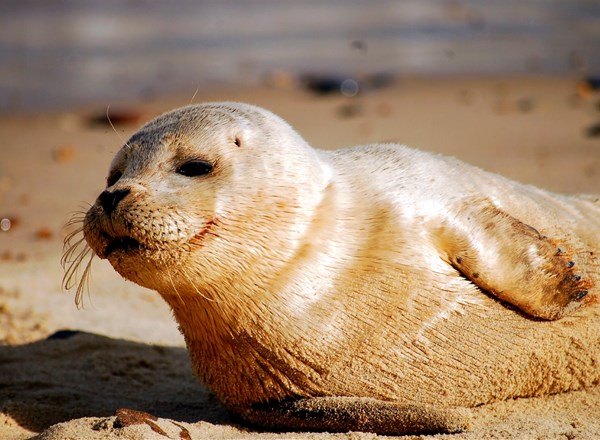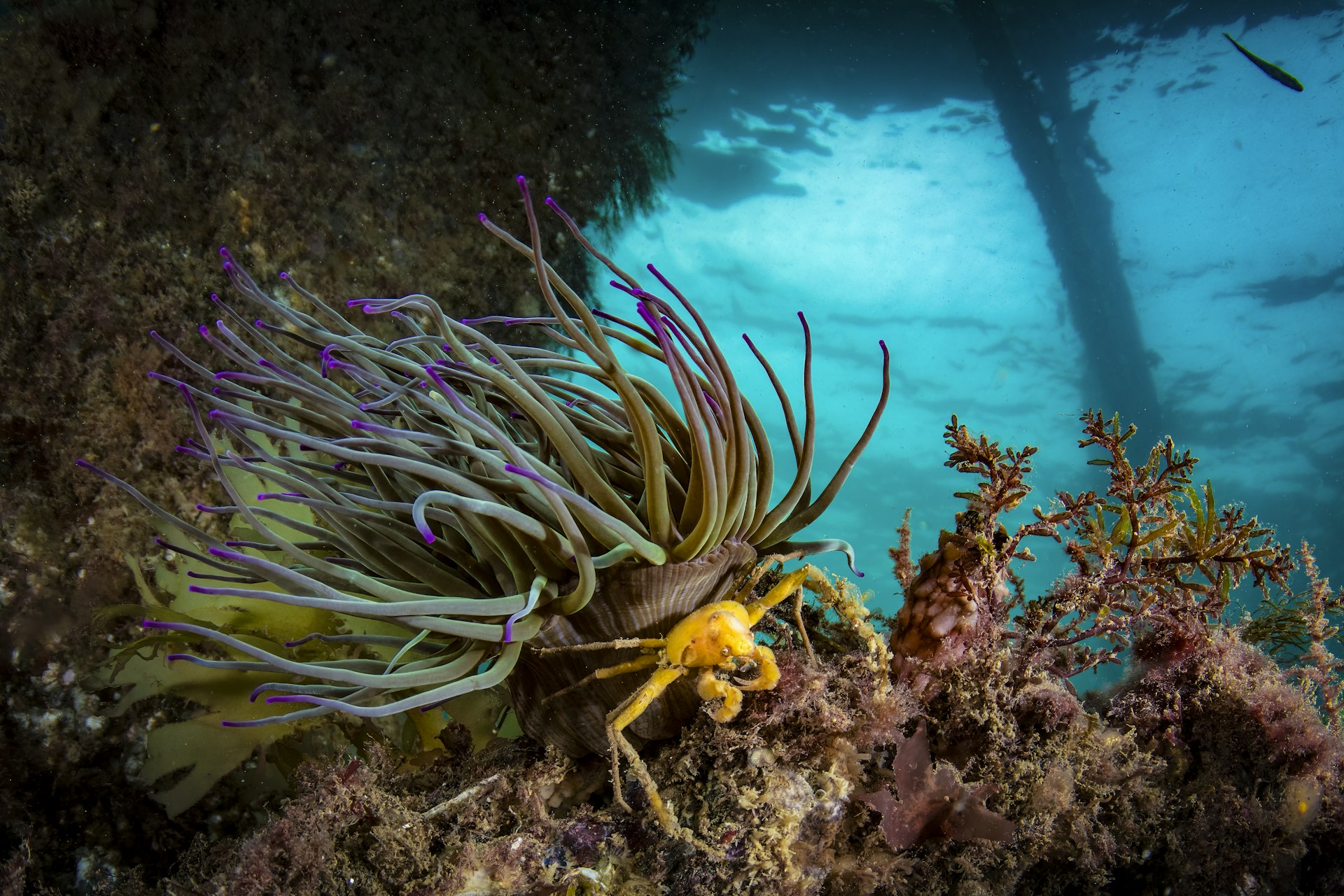
Using Marine Industry Data for UK Marine Assessment and Reporting (Scoping Report)
"As trusted experts able to take a long-term view across many sectors, interests and industries, we know that data and evidence will play a critical role in addressing the climate and biodiversity crises. We need to be smarter about how we collect and use data and we need to do this in collaboration with others to drive positive change and to promote innovative solutions and approaches
We recently announced our Evidence Projects page, which outlines some of the exciting projects we are running with our stakeholders and customers. The aim of these projects is to provide insight into the marine environment and to ensure that the best available data and evidence is utilised to support the sustainable development of the seabed. Through using data end evidence, we can ensure that difficult decisions are properly informed, rooted in sound science, with the right insights into the trade-offs and impacts.
One of the projects outlined was “Testing the compatibility of Industry Data for Natural Capital assessments and Good Environmental Status reporting”. This project aims to investigate how industry data can be used to inform UK marine assessment and reporting, through the implementation of one (or more) pilot studies.
To ensure that we aren’t duplicating effort, and are collaborating where appropriate, we have written a scoping report, exploring existing industry data studies, and investigating how industry data might be used to address evidence gaps.
To download the full report, click on the series card linked below and click on the data packages tab to download and access the document. We've also shared the executive summary below and the interactive pdf.
Using marine industry data for UK Marine Assessments and Reporting (Excecutive Summary)
In response to the intensifying global climate crisis, the British government has arrived at its “Net Zero Strategy: Build Back Greener”, which sets out strategic goals of decarbonising all sectors of the UK economy to achieve net zero carbon emissions by 2050. As part of these goals, the UK government has set a target of achieving 50GW of offshore wind by 2030. However, nations worldwide are facing twin crises of both climate change and biodiversity loss. The UK’s 25 Year Environment Plan (2018) outlines a natural capital approach to the protection and management of the marine environment that centres on comprehensive and reliable data. In addition, the United Nations Convention on Biological Diversity (CBD) calls on governments worldwide to conserve and protect biodiversity, and outlines commitments such as identifying important components of biological diversity and the importance of high-level biodiversity reporting and assessment.
Without proper management and monitoring, increasing offshore activities could have adverse effects on marine biodiversity. However, as marine sectors expand so does the spatial footprint of survey data collected by offshore industries. Industry data can therefore help to inform monitoring programmes put in place as part of the UK Marine Strategy (2012), which aims to achieve good environmental status (GES) in British Seas.
The Marine Data Exchange (MDE) is the world’s largest database of offshore survey data, research and evidence, and includes over 2,600 survey campaigns collated from feasibility through to decommissioning studies. Survey data includes information collected from the offshore wind and renewables industries, in addition to marine aggregates and dredging. The data collected as part of these surveys could be re-used to help inform GES reporting, providing an improved evidence base for decision making and regional assessment, and could play a critical role in helping the UK in achieving more comprehensive marine reporting.
This study outlines potential uses of marine industry data for marine assessment and reporting. Existing studies that explore the use of industry data were examined, including projects such as OneBenthic, The Joint Cetacean Data Programme and the Office for National Statistic's Marine Natural Capital Accounts. The existing studies were reviewed to explore whether UK Marine Strategy descriptors were included and whether industry data had been utilised. There were notable gaps in the number of studies which had explored industry data containing information regarding UK Marine Strategy Descriptors, such as “commercial fish”, “contaminants”, “hydrography” and “non-indigenous species”.
An initial search of the industry data that is made available through the MDE produced a large range of surveys that contained key words relevant to important UK marine assessments (such as Good Environmental Status (GES) reporting), highlighting potentially useful data for inclusion in said assessments.
To explore how data collected by offshore industries can support data aggregation for marine monitoring and assessment, this study recommends five future pilot study themes, including searching industry data held on the MDE for:
- Commercial and non-commercial fish species
- UK Marine Strategy (GES) and 25 Year Environment Plan indicators
- Water quality surveys and habitat mapping data to inform natural capital accounting
- Trends in data collected from offshore wind postconstruction monitoring surveys
- And to explore how discoverable and accessible information is within surveys and reports
The study concludes that there are several opportunities where inclusion of industry data in marine assessments and reporting could contribute to the development of natural capital and ecosystem service approaches, helping the UK in progressing towards its aim of ecologically diverse and productive oceans.
If you have any feedback or comments on the report, please get in touch:
